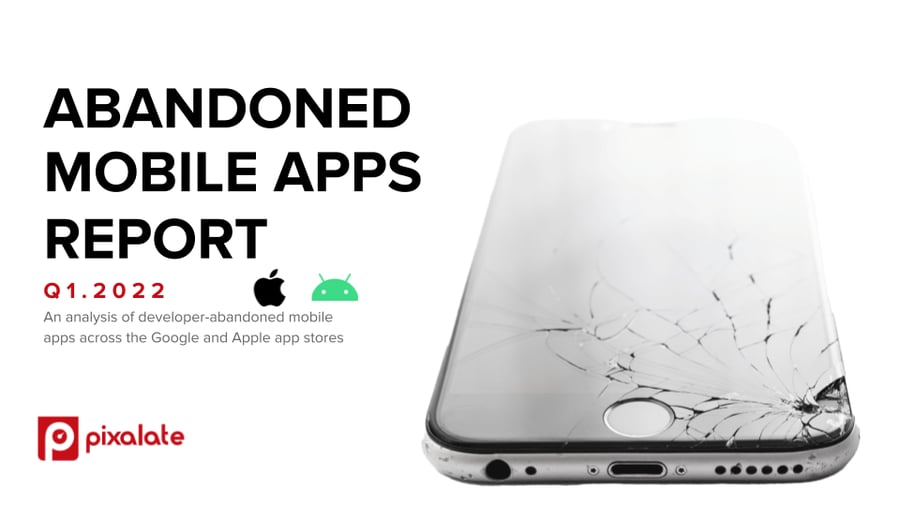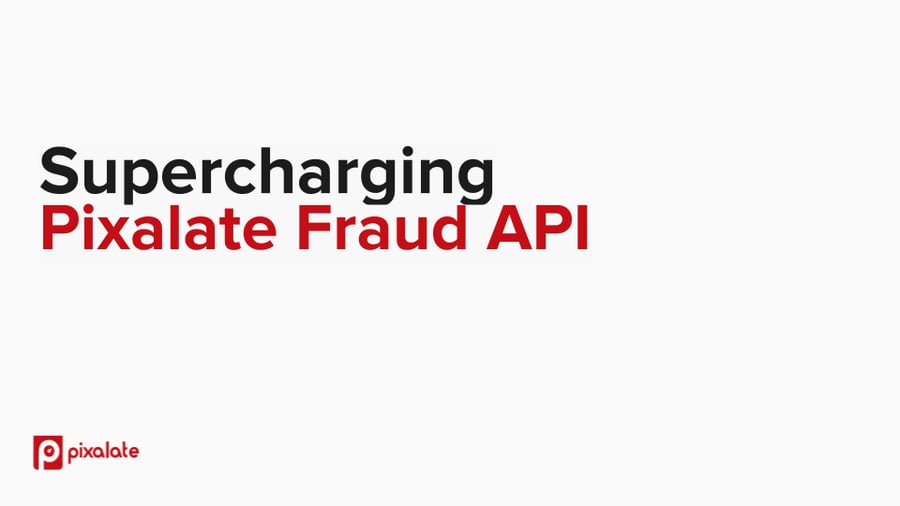
This week's review of ad fraud and privacy in the digital advertising space.

Mac Observer published an article detailing how Apple plans to “cut” abandoned apps, saying it would remove any apps that didn’t receive an update within the last 30 days, which could eliminate up to 10% of the current app store offerings.
The article used data from Pixalate’s “Abandoned Apps” report saying:
“Pixalate claims they crawled both the Apple App Store and Google Play store to analyze all of the applications available for download. The company then used the app’s last update to determine various levels of “abandonment”. Pixalate defined abandoned apps as those that have not received an update in over two years. Furthermore, “super-abandoned apps” have not received an update in at least five years.”
“With those definitions in mind, Pixalate discovered over 650k iOS apps as well as around 870k Android apps that qualify as abandoned. Furthermore, of those apps, around 180k iOS apps and 130k Android apps made the cut for ‘super-abandoned’.”

TechRadar cited Pixalate’s “Abandoned Apps” report:
“The study from the analytics firm Pixalate, titled The Abandoned Mobile Apps Report, shows that Apple’s recent announcement that it will soon begin deleting apps that haven’t been updated in quite a while makes a great deal of sense despite the fact that it wasn’t well received by developers, wrote TechRadar.
TechRadar added: “While both mobile app stores are filled with abandoned apps, Pixalate only found 1.3m recently updated apps that had been updated in the past six months.”

Computer World also picked up the “Abandoned Apps” report:
“It is interesting that the report notes a strong(ish) correlation between regular software updates and app downloads. It found 84% of apps with more than 100 million downloads have been updated within the last six months, with finance, health, and shopping apps being the most frequently updated,” wrote Computer World.

Late last month, the European Union unveiled a new law, the Digital Service Act (DSA), which was enacted to crack down on dishonest or misleading advertising. The law applies to the largest platforms – those with 45 million or more active monthly users – and requires them to implement risk reduction measures to limit the spread of dangerous and illegal content.
If a company is found to be in consistent violation of the DSA, the penalties are much steeper than any past legislation – with fines being as high at 6% of violating platforms’ global revenue. It remains to be seen whether the U.S. will be able to pass any type of federal privacy legislation.

Pixalate has expanded the feature offerings on its Fraud API product to include support for IPv6 endpoints, protection from click fraud and expanded coverage for CTV platforms. Pixalate found that nearly 90% of ad-based impressions coming from 5G IPs, which are already IPv6-enabled, and 80% of mobile ad impressions coming from 5G IPs, making support for this rapid migration from IPv4 to IPv6 necessary.
Most importantly, Pixalate has developed a proprietary - and patented - mechanism to detect both IPv4 and IPv6 information for each impression. This means we create threat intelligence at both levels while providing enhanced coverage.
Pixalate updated its ongoing OFAC Russian Sanctions Tracker with the most recent sanctions imposed on mobile apps and websites. Most notably of these was the United States sanctioning three of Russia’s most highly-viewed directly or indirectly state-controlled television stations in Russia – the Joint Stock Company Channel One Russia, Television Station Russia-1, and Joint Stock Company NTV Broadcasting Company. All three stations have been among the largest recipients of foreign revenue, which feeds back to the Russian State’s revenue.

NBC News reported that privacy advocates are concerned that data from cell phones and social media could be used to possibly track and arrest people seeking abortions if the Roe U.S. Supreme Court decision is overturned.
Senator Ron Wyden (D-OR) is leading the push for a national consumer privacy law “to restrict how American’s data is collected, used and shared,” per NBC News. In the past there have only been a few instances in which internet search data was used to prosecute pregnant people, but pro-choice advocates fear this could become the new norm.
*By entering your email address and clicking Subscribe, you are agreeing to our Terms of Use and Privacy Policy.
These Stories on Weekly Recaps
*By entering your email address and clicking Subscribe, you are agreeing to our Terms of Use and Privacy Policy.

Disclaimer: The content of this page reflects Pixalate’s opinions with respect to the factors that Pixalate believes can be useful to the digital media industry. Any proprietary data shared is grounded in Pixalate’s proprietary technology and analytics, which Pixalate is continuously evaluating and updating. Any references to outside sources should not be construed as endorsements. Pixalate’s opinions are just that - opinion, not facts or guarantees.
Per the MRC, “'Fraud' is not intended to represent fraud as defined in various laws, statutes and ordinances or as conventionally used in U.S. Court or other legal proceedings, but rather a custom definition strictly for advertising measurement purposes. Also per the MRC, “‘Invalid Traffic’ is defined generally as traffic that does not meet certain ad serving quality or completeness criteria, or otherwise does not represent legitimate ad traffic that should be included in measurement counts. Among the reasons why ad traffic may be deemed invalid is it is a result of non-human traffic (spiders, bots, etc.), or activity designed to produce fraudulent traffic.”

